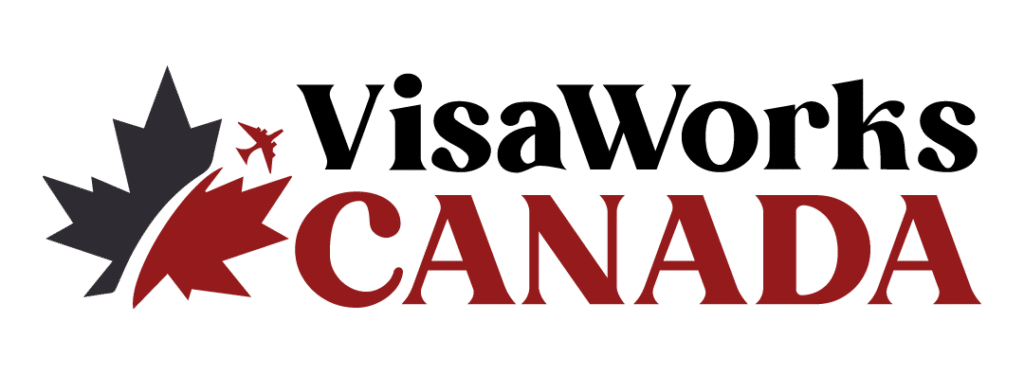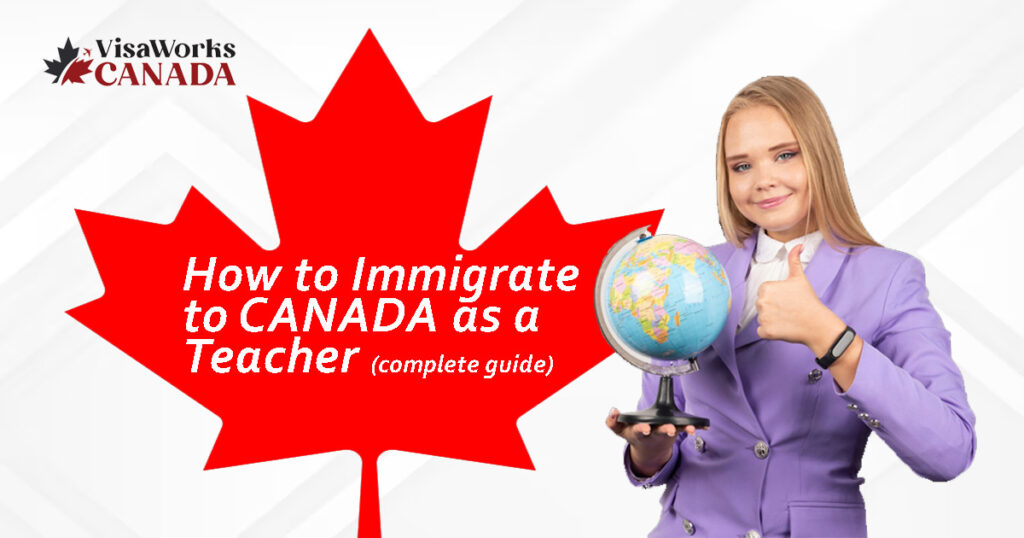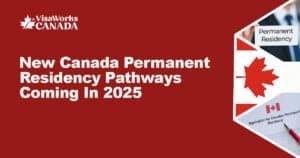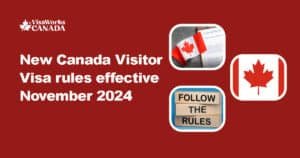Federal Skilled Worker Program
Under the Federal Skilled Worker Program (FSWP), teachers with the necessary qualifications and work experience can pursue immigration to Canada. This program evaluates applicants based on factors such as education, language proficiency, work experience, and adaptability.
Table of Contents
ToggleHow to Work in Canada as a Foreign-Trained Teacher
Find the Right Immigration Program
Navigating the Canadian immigration landscape involves identifying the most suitable program. For teachers, options like the Federal Skilled Worker Program (FSWP) and Provincial Nominee Program (PNP) are pertinent.
Get an Educational Credentials Assessment (ECA)
Obtaining an Educational Credentials Assessment (ECA) is crucial. This assessment verifies the equivalence of foreign qualifications to Canadian standards, ensuring eligibility for immigration programs.
Apply for a Provincial Teaching Certificate and License
Securing a provincial teaching certificate and license is imperative for employment. Each province may have specific requirements, emphasizing the need to familiarize oneself with the local regulations.
Language Proficiency in English and/or French
Proficiency in English and/or French is essential. Most teaching positions in Canada necessitate a certain level of language competence, evaluated through standardized tests like IELTS or CELPIP.
Teaching Experience and Familiarity with the Canadian Curriculum
Accumulating teaching experience and acquiring familiarity with the Canadian curriculum enhance an applicant’s profile. Demonstrating adaptability to the local educational system is advantageous.
Benefits of Immigrating to Canada
Emigrating to Canada as a teacher presents numerous advantages. Beyond a diverse and inclusive society, the country offers competitive salaries, a high quality of life, and ample opportunities for professional development.
In-Demand Jobs for Teachers in Canada
Teachers are consistently in demand across Canada, especially in rural and remote areas. The demand is driven by retirements, population growth, and ongoing efforts to reduce class sizes.
Types of Teaching Jobs in Canada
Teaching opportunities span various levels, including elementary, secondary, and post-secondary education. Positions are available in public schools, private institutions, and language schools.
Where to Find Help with Immigration?
Navigating the complexities of immigration can be daunting. Seek assistance from reputable immigration consultants, legal professionals, or educational institutions for guidance tailored to your specific situation.
VisaWorks Canada: Your Trusted Consulting Agency
When it comes to comprehensive visa services and immigration support, VisaWorks Canada stands out as a top-tier consulting agency. With a commitment to excellence, VisaWorks Canada provides expert assistance, ensuring you receive the best services for your visa needs.
FAQs
How Much Money Do Teachers Make in Canada?
Teacher salaries in Canada vary by province, experience, and level of education. Generally, salaries are competitive, and additional benefits may include health coverage and retirement plans.
Should You Move to Canada as an Internationally-Qualified Teacher?
Moving to Canada offers diverse opportunities for internationally-qualified teachers. The experience is enriching both professionally and personally, contributing to a multicultural and vibrant society.
What Is Life in Canada Like for Teachers?
Life in Canada for teachers is fulfilling, with access to excellent healthcare, education for families, and a strong sense of community. The country’s commitment to education creates a conducive environment for professional growth.
What Are the Education Requirements for Teaching in Canada?
Education requirements for teaching in Canada vary by province. Typically, a bachelor’s degree in education and a teaching certificate are prerequisites. An ECA may also be required for foreign-trained teachers.








